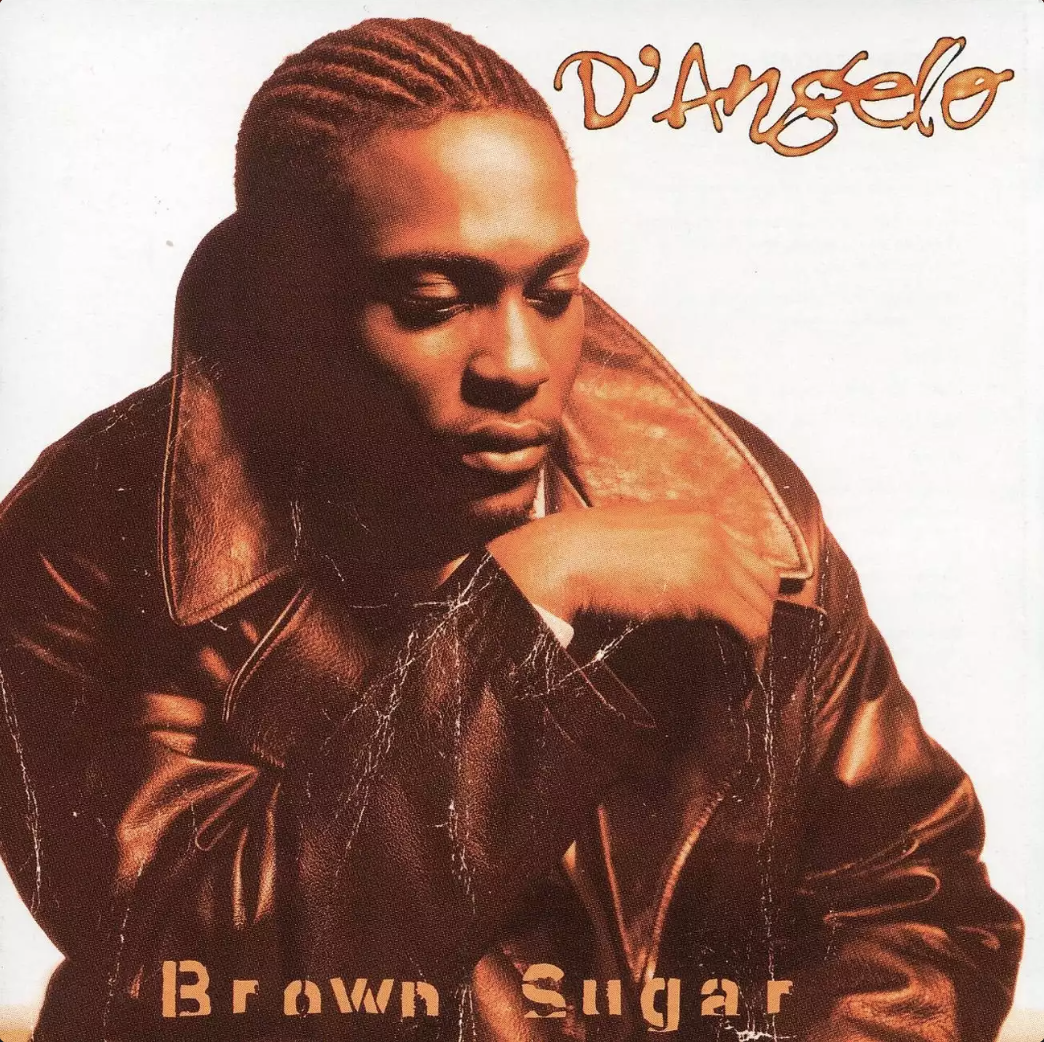Fiona Apple has never failed to make a statement, whether it be her music video for her song “Criminal” or her 1997 acceptance speech at the MTV Video Music Awards. What makes her music so special, though, is that all the statements made are genuine and vulnerable. You can see this in her song “Sullen Girl,” where she painstakingly articulates her traumas and somehow does it in a way that is both visceral and soft. You can see this in her song “Paper Bag,” where she expresses desire and the pain of wanting in a manner so raw that it hits you like a ton of bricks each time you hear it. Most importantly, you can hear it on her most recent song, “Pretrial (Let Her Go Home).”
This recent release was born out of the need to speak about jailed mothers who can’t afford bail. Apple has been working with CourtWatch PG, a Maryland community working towards fighting racism in the courtroom and holding legal officials accountable.
In a recent statement, Apple said, “I hope that this song, and the images shared with me, can help to show what is at stake when someone is kept in pretrial detention. I give this song in friendship and respect to all who have experienced the pain of pretrial detention and to the women of the group’s leadership who have taught me so much and whom I truly love.” “Pretrial (Let Her Go Home)” isn’t just Apple’s long-awaited break from her hiatus–it’s a protest anthem.
The song itself has a very straightforward message: let them go home. The “them” in question here are mainly Black mothers who are in prison for no reason other than not being able to pay. Apple sings “She took on extra shifts, still couldn’t pay the bail…//She was not convicted of anything//Won’t you let her go home?”
Each stanza of the song describes real-life situations of those stuck in pretrial detention. She describes instances of women losing their jobs, homes and children, as well as the emotional strain these situations put on those who have to experience them. She sings “…she’s never been more alone//Can’t afford a new phone card, besides nobody’s home//Shame and isolation, economic deprivation//And there’s no more home.”
The song itself is produced and arranged in such a way that the backing of this song pushes the point further. The first stanza is sung in complete silence, leaving the listener alone with the chilling reality that these women face, and each stanza–each story–is punctuated with pointed hand drums. As well as this, the in-the-room, organic feeling of the track makes it feel deeply personal and honest rather than an inauthentic try at activism.
Within the toxic wasteland that is the current music landscape, “Pretrial (Let Her Go Home)” is a breath of fresh air. It reminds listeners that music isn’t just a tool for making money, but something inherently political. “Pretrial (Let Her Go Home)” is more than a song in this sense–it is a call to empathy and action.
You can listen to “Pretrial (Let Her Go Home)” on Spotify or Apple Music.
















